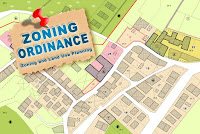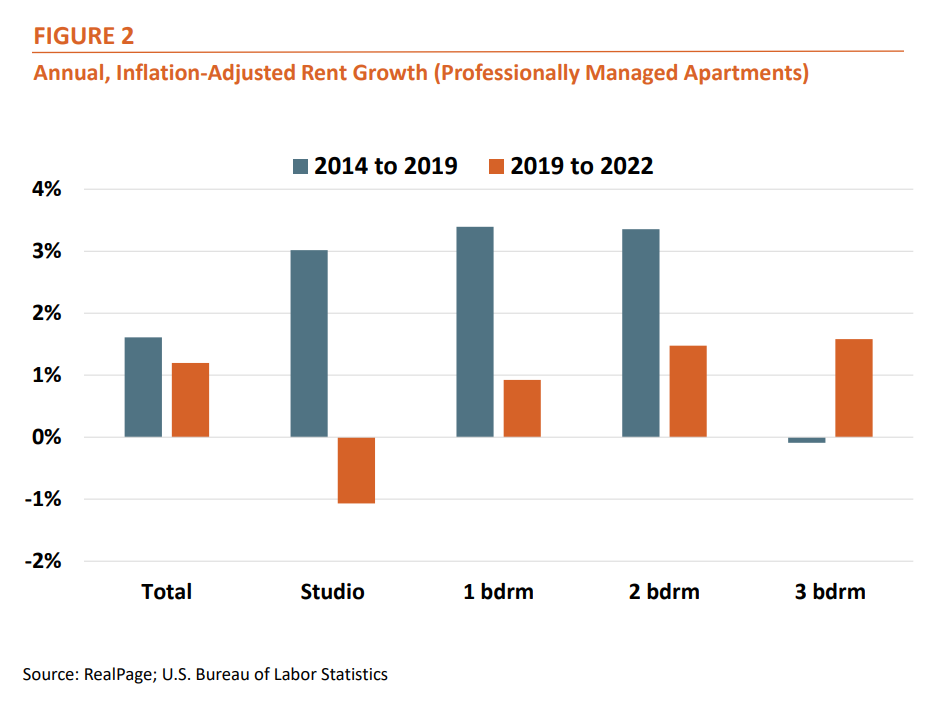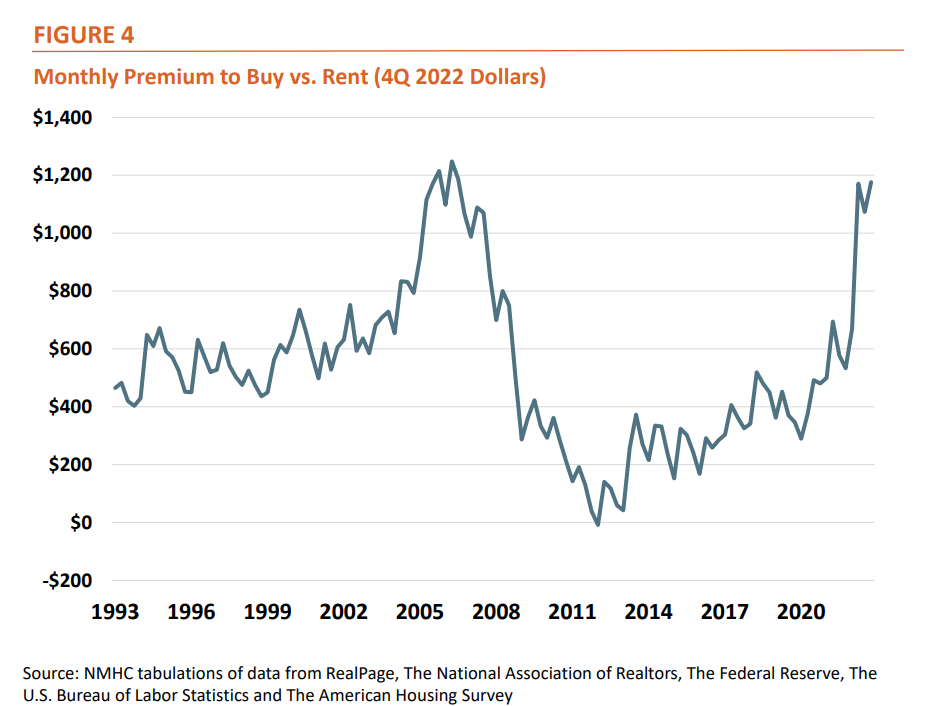Updated April 19 with information from the Washington Landlord Association
In the Washington State Legislature, several housing bills are progressing, while one has already been signed into law. Here is an update on the current status of these bills plus an update on population growth in Clark County.
Bill Signed into Law: Mobile Home Community Right to Compete for Purchase
Effective July 23, 2023, when mobile home communities go up for sale in Washington, residents will be offered the right to compete for the purchase of the community. Residents will have a set time to respond, indicating their intention to buy the property. As an alternative to a three-year notice period, landlords may pay relocation assistance of $17,000 for a double-wide or multisection home, or $11,000 for a single-wide, plus the greater of 50% of their assessed market value or $5,000 plus the cost of mobile home disposal. Cash payments to tenants would thus be a minimum of $15,000 each. The tenants must also be provided with a 12-month written notice to vacate. Instead of paying for the loss of the home, the landlord may allow tenants to stay and pay rent for 24 months. In the end, the tenants may walk away with the money paid to them, and the landlord disposes of the homes.
Bills Opposed by Multifamily Associations: Progressing
Washington State Real Estate Excise Tax Bill Revised, Moves Forward: House Bill 1628 initially proposed an increase in the real estate excise tax (REET). However, significant changes were made to the proposal by the House Finance Committee. According to the Washington Landlord Association's analysis, the committee's revisions under HB 1628 (H-1928.3/23) would do the following:
- Beginning January 1, 2025, increases the ceiling for the Tier 1 1.1% state REET tax from $525K to $750K. As a result, Tier 2 (1.28%) will be $750K to $1.525M.
- Beginning January 1, 2025, the state REET rate for Tier 4 (selling price over $3.25M) from 3% to 3.5% except for commercial property. Commercial property will pay 3% on selling price over $3.025M until December 31, 2026. A new rate of 3.5% takes effect beginning January 1, 2027.
- This revision removes the creation of a Tier 5 REET for selling prices above $5M.
City and county councils may increase an additional local 0.25% REET without voter approval.
The specifically created definition for commercial property appears to exclude multifamily:
"Commercial property" means real property that is used primarily for business activities including, but not limited to, manufacturing, transportation, communication, utilities, trade, services, entertainment, and recreation. However, commercial property does not include agricultural land, timberland, or real property consisting solely of residential structures.
House Finance Committee legislators voting in opposition to the increased REET include Cyndy Jacobson (R-Puyallup), Ed Orcutt (R-Kalama), Amy Walen (D-Kirkland), Stephanie Barnard (R-Pasco), and Drew Stokesbary (R-Auburn).
Substitute House Bill 1074: Governing Security Deposits and Landlord Claims for Damage to Residential Premises
This bill is up for final passage and includes the following provisions:
- Landlords must provide a signed checklist to tenants upon move-in, detailing the property's condition and any existing damages.
- Failure to provide this checklist could result in refunding the full security deposit.
- Deposits cannot be withheld for normal wear and tear on the property.
- If landlords need to keep part of the deposit for damages, they must provide estimates or invoices within 30 days of the tenant's departure.
- Landlords cannot charge for routine carpet cleaning as part of normal wear and tear.
SB 5197: Changes to Eviction Notice Forms and Eviction Processes
This bill is also progressing.
Bills Supported by the Rental Housing Industry: Progressing
HB 1110: Greenlighting Duplexes, Triplexes, and Fourplexes in Large Metro Areas. This bill passed the Senate on a bipartisan vote of 35-14, overriding local zoning rules that currently prohibit these structures in large parts of the state.
HB 1337: Encouraging Accessory Dwelling Units (ADUs) Development. This bill, which has passed the state Senate with strong support, aims to encourage the development of backyard cottages and mother-in-law apartments, also known as accessory dwelling units (ADUs). ADUs, currently limited to 1,000 square feet and 24 feet in height, have gained popularity as a housing solution. This bill is considered the most ambitious ADU proposal this session. A recent change, introduced by Sen. Liz Lovelett, removed amendments that would have allowed local governments to impose parking requirements, which could have hindered ADU growth.
SB 5045: Incentives for Renting ADUs to Low-Income Households. This bill would provide tax exemptions for three years to ADUs that have been renovated or improved if the rent charged does not exceed 30% of the tenant's income. It could improve the availability of affordable housing.
HB 1293: Streamlining Development Regulations. This bill aims to accelerate the permitting and design review by committee process and requires only clear and objective design review standards.
SB 5491: Exit Stairwell Requirement in Residential Buildings. This bill would direct the state building code council to recommend relevant changes to the building code, allowing for one exit stairwell in residential buildings of six stories or fewer.
HB 1042: Conversion of Existing Buildings for Multifamily Purposes. This bill would require cities to convert an existing building for multifamily purposes if existing zoning allows it.
SB 5290: Permit Streamlining. This bill would require local governments to exclude interior alterations from site plan review and help local governments move toward digital permitting processes. It was introduced in the House after a public hearing and referred to appropriations on March 28.
Bills Supported by the Industry That Died Recently
SB 5466: Encouraging Transit-Oriented Development. Urbanists viewed this bill as a way to reduce urban sprawl, increase affordable housing stock, and shorten commutes. Although senators supported it, representatives in the House did not. However, some form of the idea is expected to return in the next legislative session.
Clark County Growth Update. The Portland Tribune reported last week that Clark County's population is growing, while Portland and Multnomah County's populations are shrinking. According to the World Population Review, Clark County grew by more than 3% from 2020 to 2021 and another 1.5% between 2021 and 2022. In contrast, Multnomah County and Portland experienced stagnant growth and population decreases during the same period. Clark County also saw a 76% increase in the population of Black, indigenous, and people of color from 2010 to 2020.
The Washington state legislature is nearing the end of its current session, with lawmakers set to adjourn on April 23. Watch this space for continued updates.







